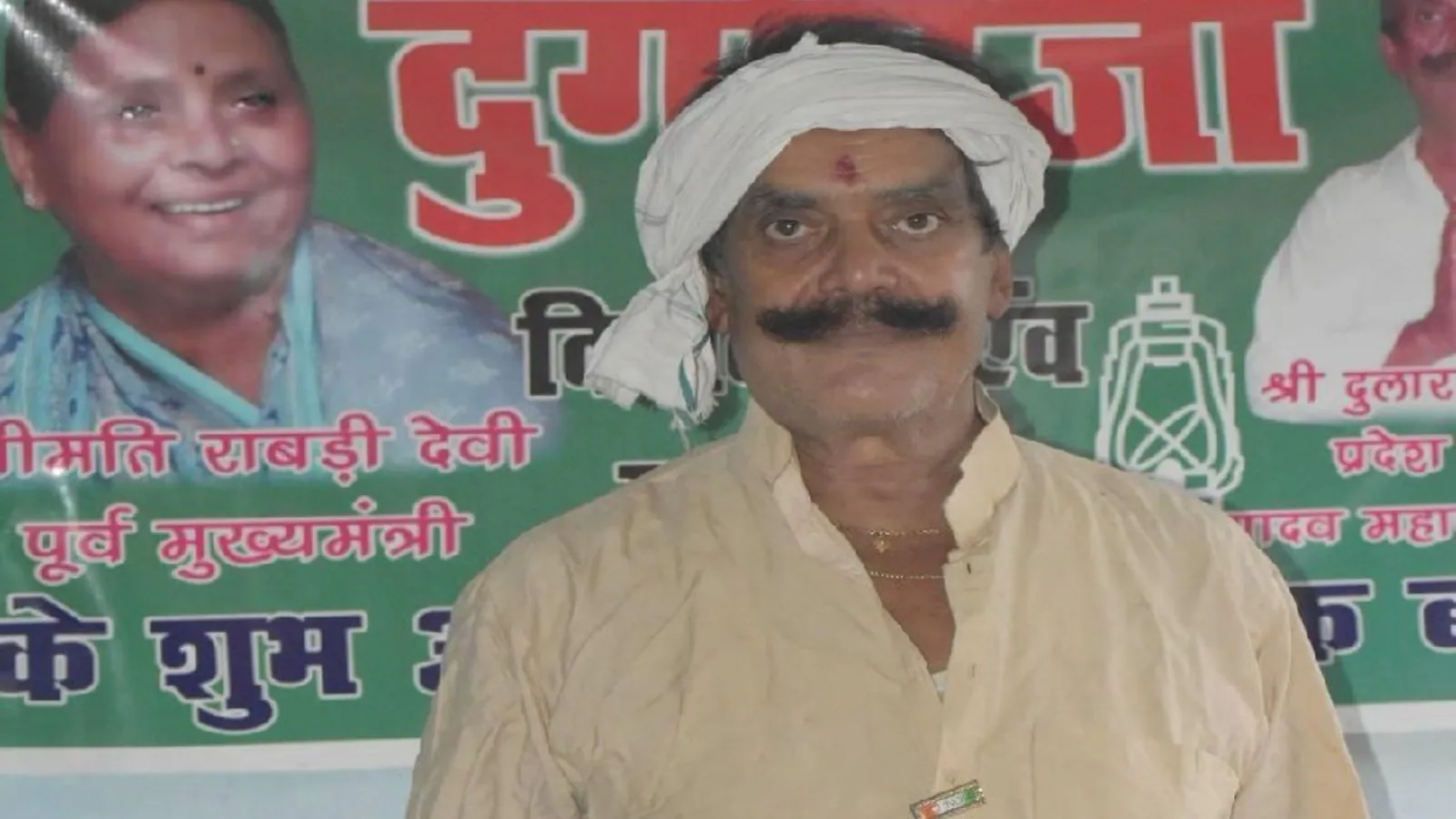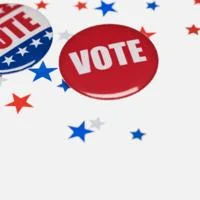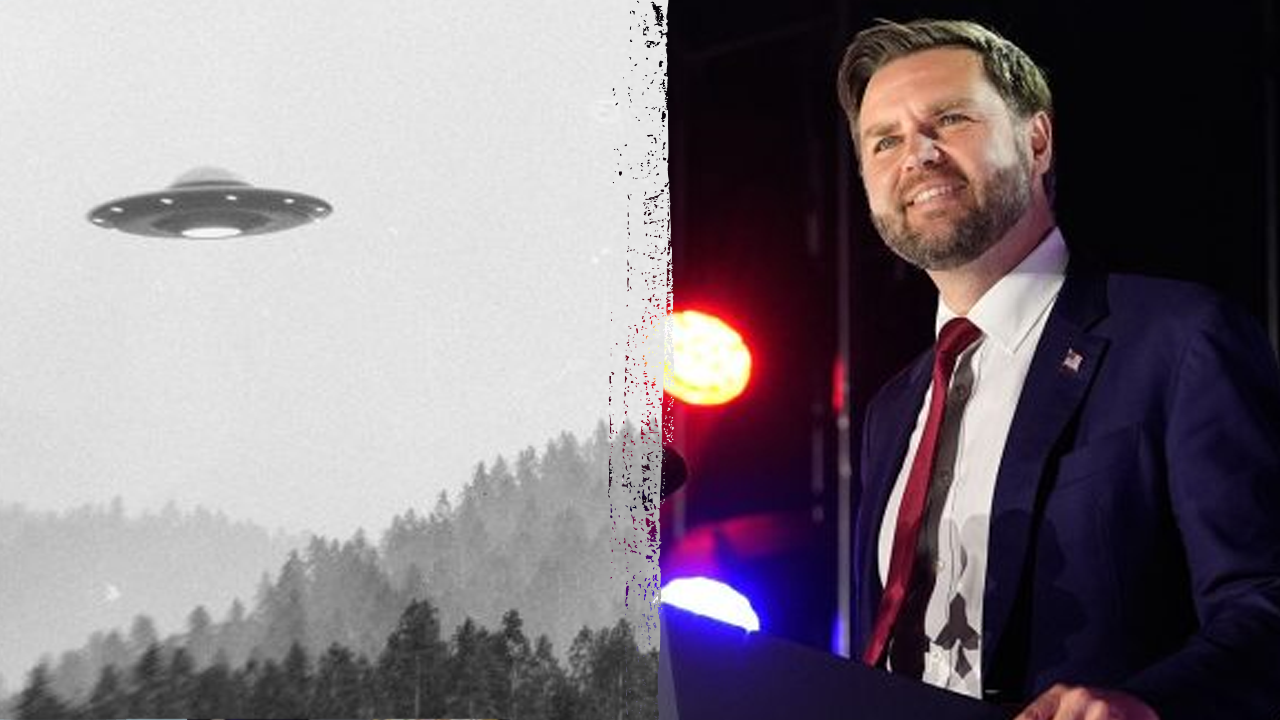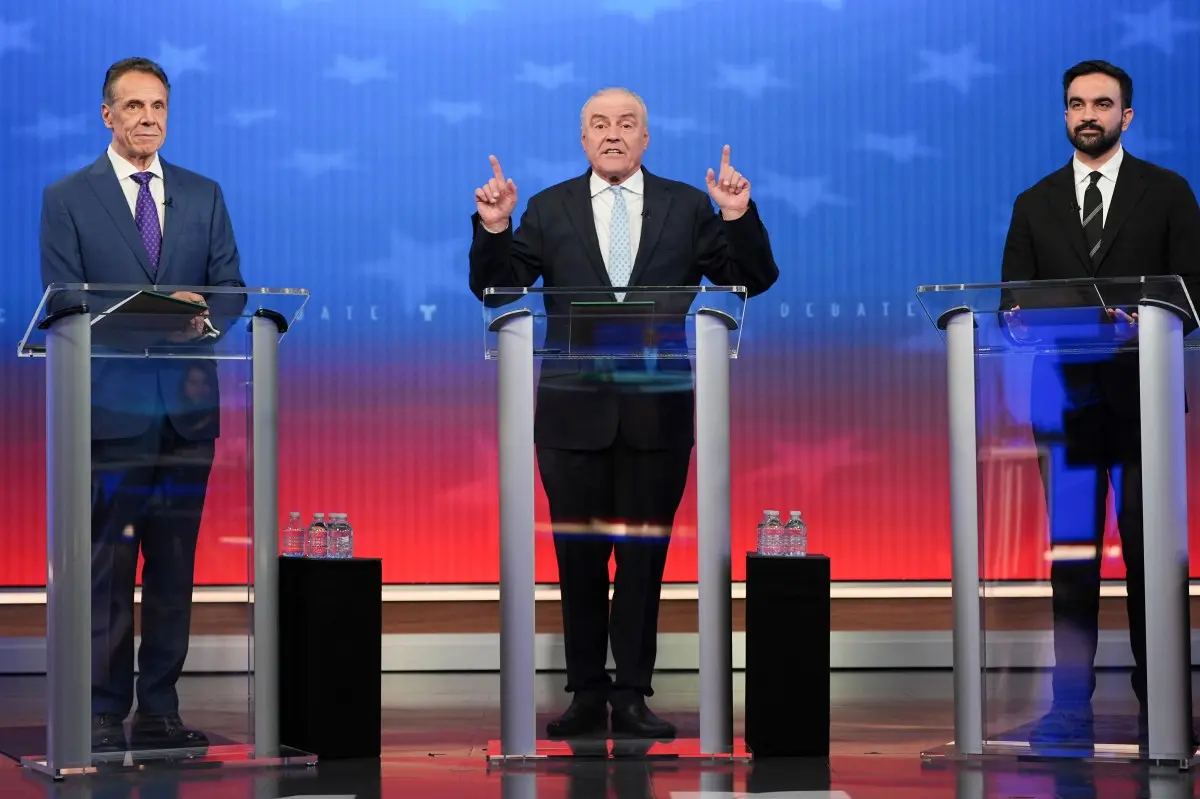Copyright The New York Times
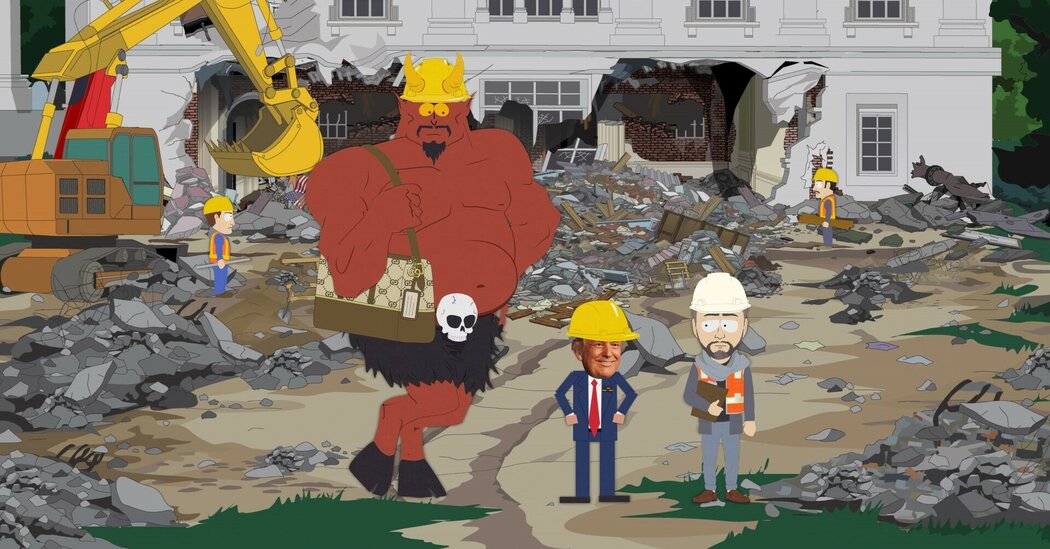
When they started sketching new episodes of the brash animated comedy “South Park” this summer, the show’s two creators, Matt Stone and Trey Parker, found themselves thinking a lot about politics and MAGA. The Trump administration, and everything that comes with it, was inescapable. “It’s not that we got all political,” Mr. Parker said in an interview. “It’s that politics became pop culture.” On top of that, they sensed a fear of speaking out against the administration and that “new taboos” had emerged, Mr. Stone said. “Trey and I are attracted to that like flies to honey,” Mr. Stone said. “Oh, that’s where the taboo is? Over there? OK, then we’re over there.” The result has been a season full of withering attacks against President Trump and his team of advisers. It has turned “South Park,” which built its reputation on the scatological adventures of four young pals, into a surprising voice of the resistance and catapulted the show back into relevance — no small feat for a program that is nearly three decades old. Ratings for the Comedy Central show have surged. Viewership over the past four months is more than double 2023, the last year the show had a new season, according to Nielsen. “South Park” has gotten so popular so quickly that entertainment websites have alerted even minor scheduling changes. Making the criticism of Mr. Trump even more notable: It has come immediately after Paramount, Comedy Central’s parent, changed owners in a series of events that appeared to cater to Mr. Trump. It has also aired during a few chaotic months in the comedy world. Paramount abruptly announced in July that it would cancel Stephen Colbert’s late-night show after this season, and Disney temporarily pulled Jimmy Kimmel’s competing show off the air in September after pressure from a top Trump administration official. The traditional “South Park” schoolboys still very much exist in the show — and find various ways to interact directly or indirectly with the scene in Washington — but there is little doubt the Trump administration has consumed the show over the past four months. In the central plot, Mr. Trump is expecting a baby with a cartoon Satan. The use of Satan is a callback to the show’s glory days, in the late 1990s, when the devil was in a relationship with Saddam Hussein. It was only a few weeks before the season began that Mr. Parker and Mr. Stone decided to turn their interest in MAGA into a plotline explicitly about Mr. Trump. At that time, the creators were in the middle of a high-profile contract negotiation with Paramount. They felt that a new deal — and the new season — was being held up because of the looming merger of Paramount and Skydance, a production company run by David Ellison. Critically, the deal required the blessing of Mr. Trump’s administration. They decided that the very first episode would take Mr. Trump head-on, Mr. Stone said, because “we just had to show our independence somehow.” That episode, which debuted just hours after a five-year contract worth $1.25 billion was signed, launched broadsides against Mr. Trump and Paramount because of the cancellation of Mr. Colbert’s show, which had recently happened. The creators initially thought Mr. Trump’s character could be a one-off, but they felt they had found a “vein of comedy” in the first episode, Mr. Stone said. “We basically start with a song and we don’t know where the album’s going to take us,” Mr. Parker said. The White House did not respond to a request for comment. But in July, a spokeswoman for the administration said: “This show hasn’t been relevant for over 20 years and is hanging on by a thread with uninspired ideas in a desperate attempt for attention.” Unlike many other comedy shows, “South Park” has never had a consistent political orientation. Its creators have long been described as “equal opportunity offenders,” skewering both the left and the right. In recent years, “South Park” has criticized liberal hobbyhorses. “We’re just very down-the-middle guys,” Mr. Parker said. “Any extremists of any kind we make fun of. We did it for years with the woke thing. That was hilarious to us. And this is hilarious to us.” The creators also regularly had conversations about returning to traditional “South Park” high jinks and abandoning MAGA, until they realized that “there’s no getting away from this,” Mr. Parker said. “It’s like the government is just in your face everywhere you look,” he continued. “Whether it’s the actual government or whether it is all the podcasters and the TikToks and the YouTubes and all of that, and it’s just all political and political because it’s more than political. It’s pop culture.” The show has always turned around episodes quickly, and this season is no exception: Last week’s episode, for instance, addressed both the demolition of the East Wing of the White House and the government shutdown. Mr. Stone said they had gotten no pushback at all from Mr. Ellison or the new leaders at Paramount. “I know with the Colbert thing and all the Trump stuff, people think certain things, but they’re letting us do whatever we want, to their credit,” he said. Since the Trump episodes began, said Mr. Stone, who was speaking from New York, strangers have repeatedly approached him to praise the show, and, he added, they are not the sort of people who would normally watch “South Park.” Mr. Parker, speaking from Colorado, said he had been getting a different reaction. “I’m in my little bubble here in Colorado, where everyone’s going, ‘When are you going to bring the boys back and stop doing all this political stuff?’” he said. The creators began laughing, and both said the show had entered its “disco era.” Mr. Parker said they would eventually get “sick of” Washington and the retinue of Trump characters. But not quite yet.
